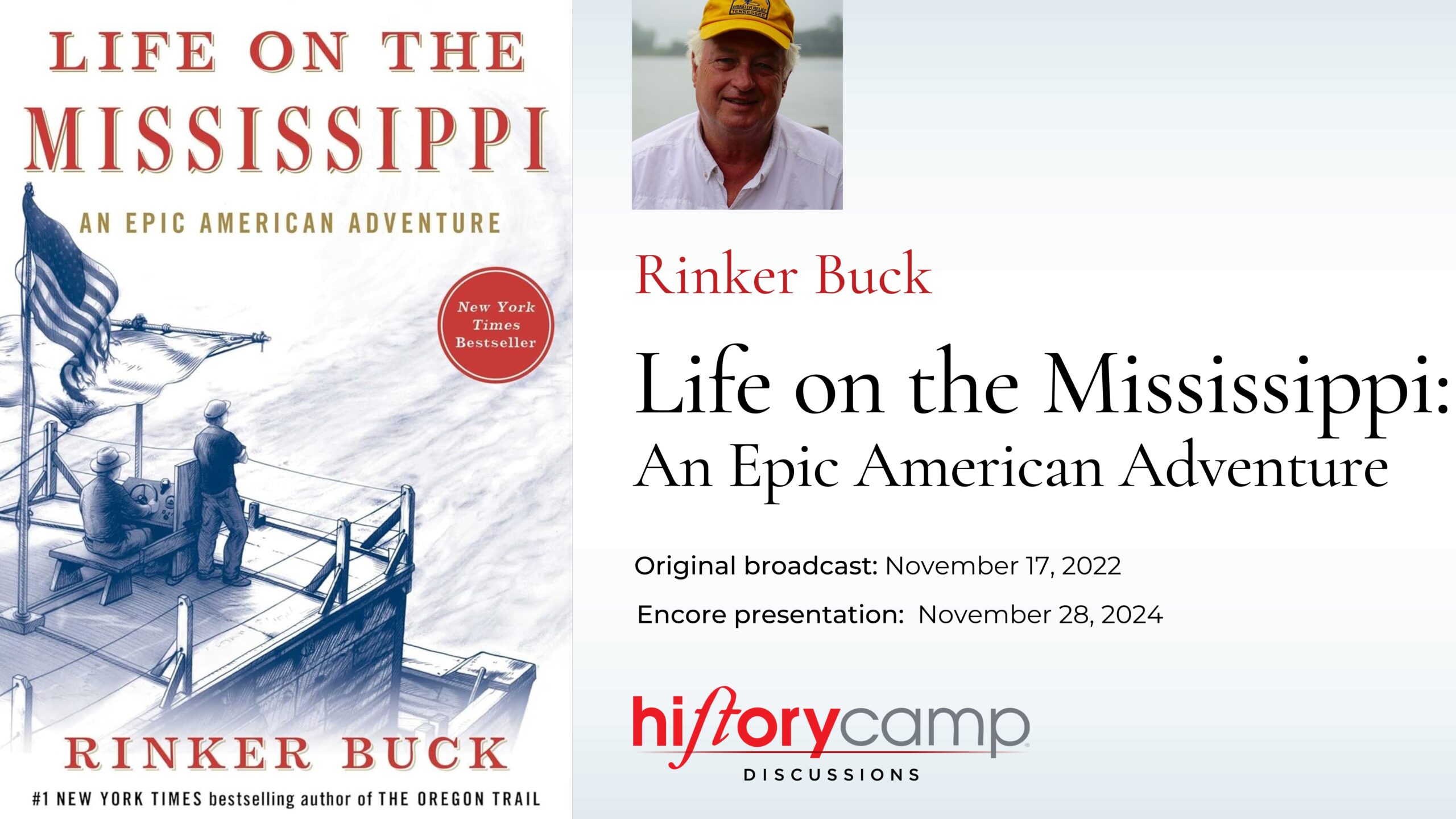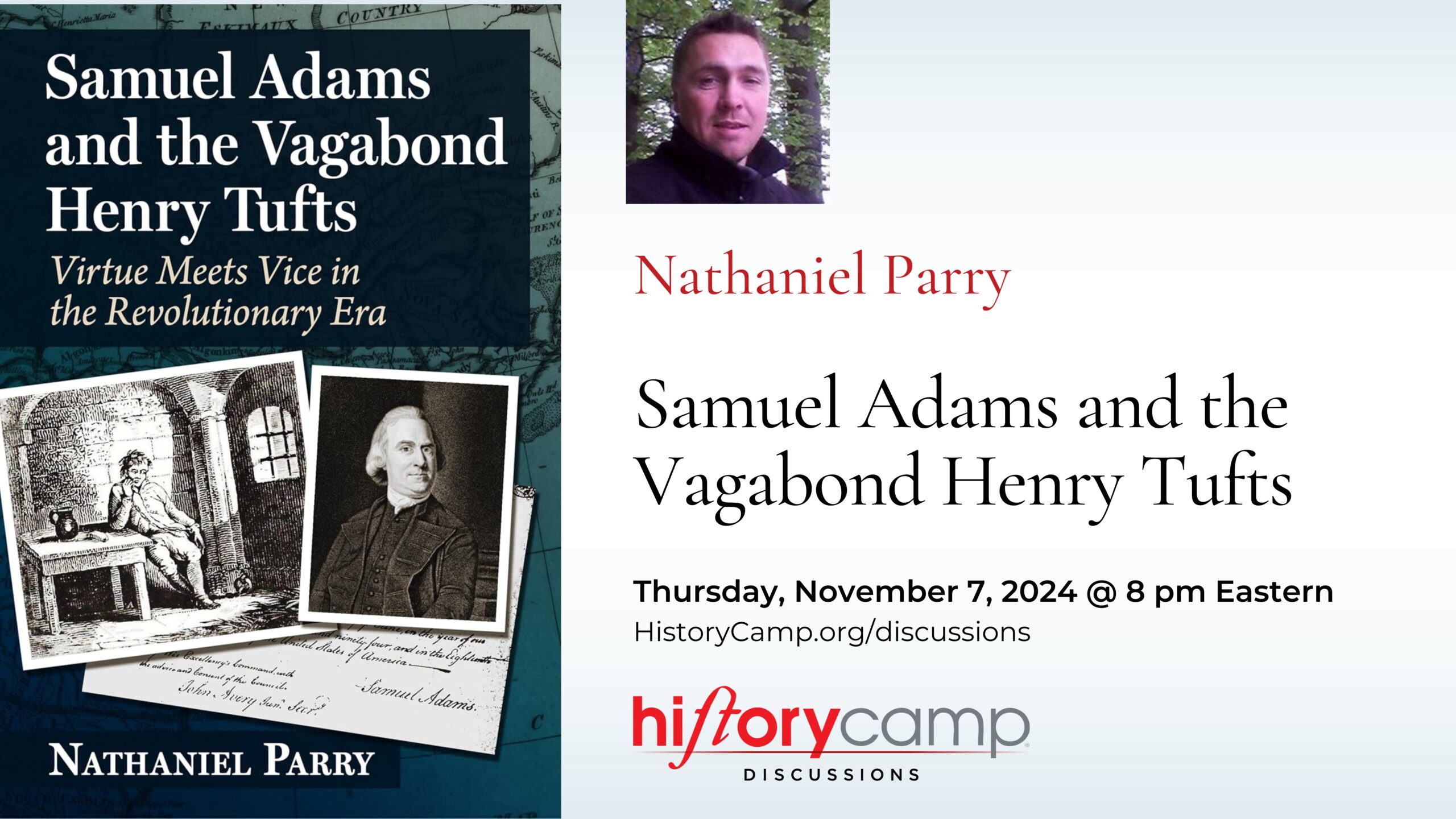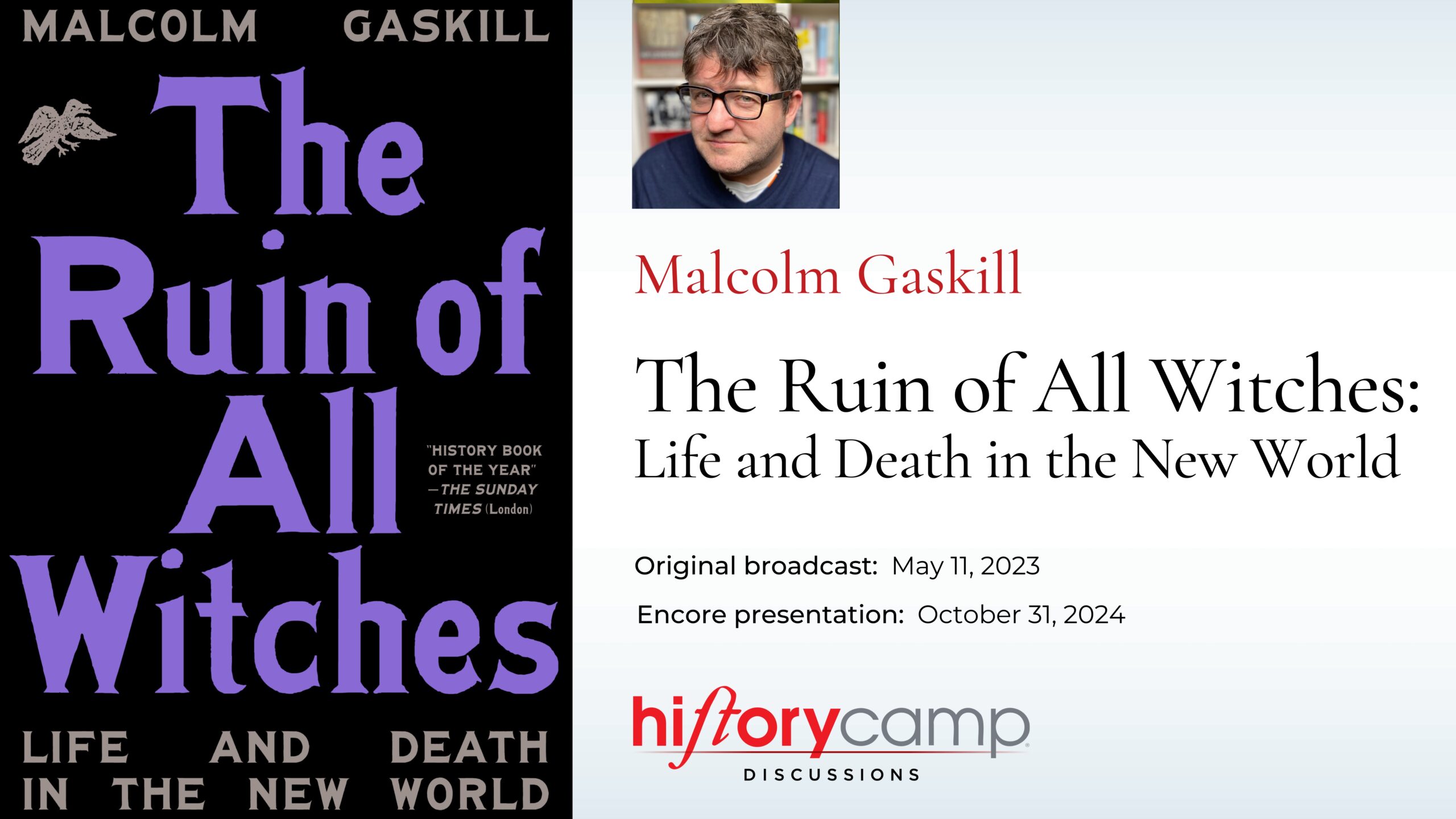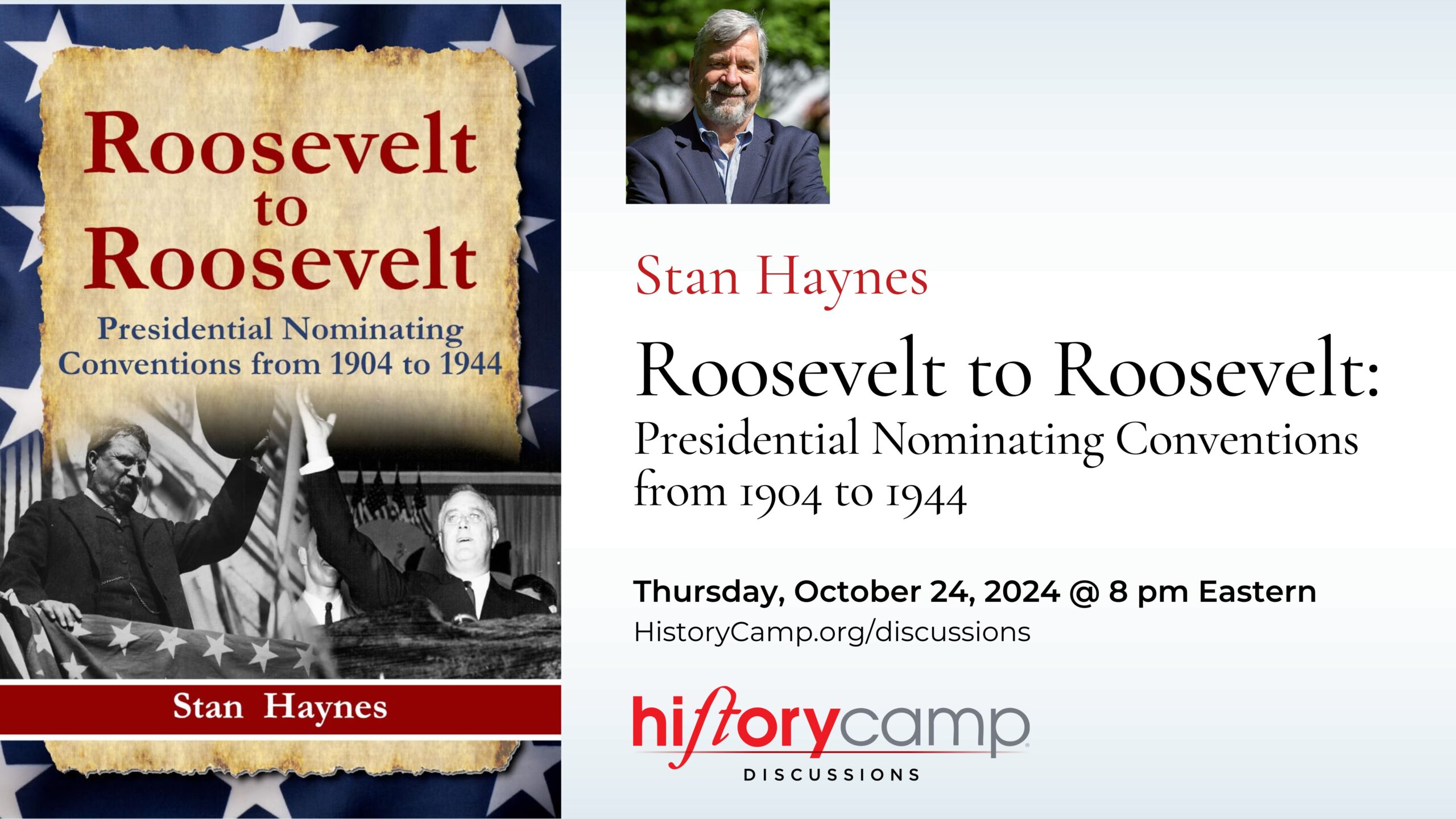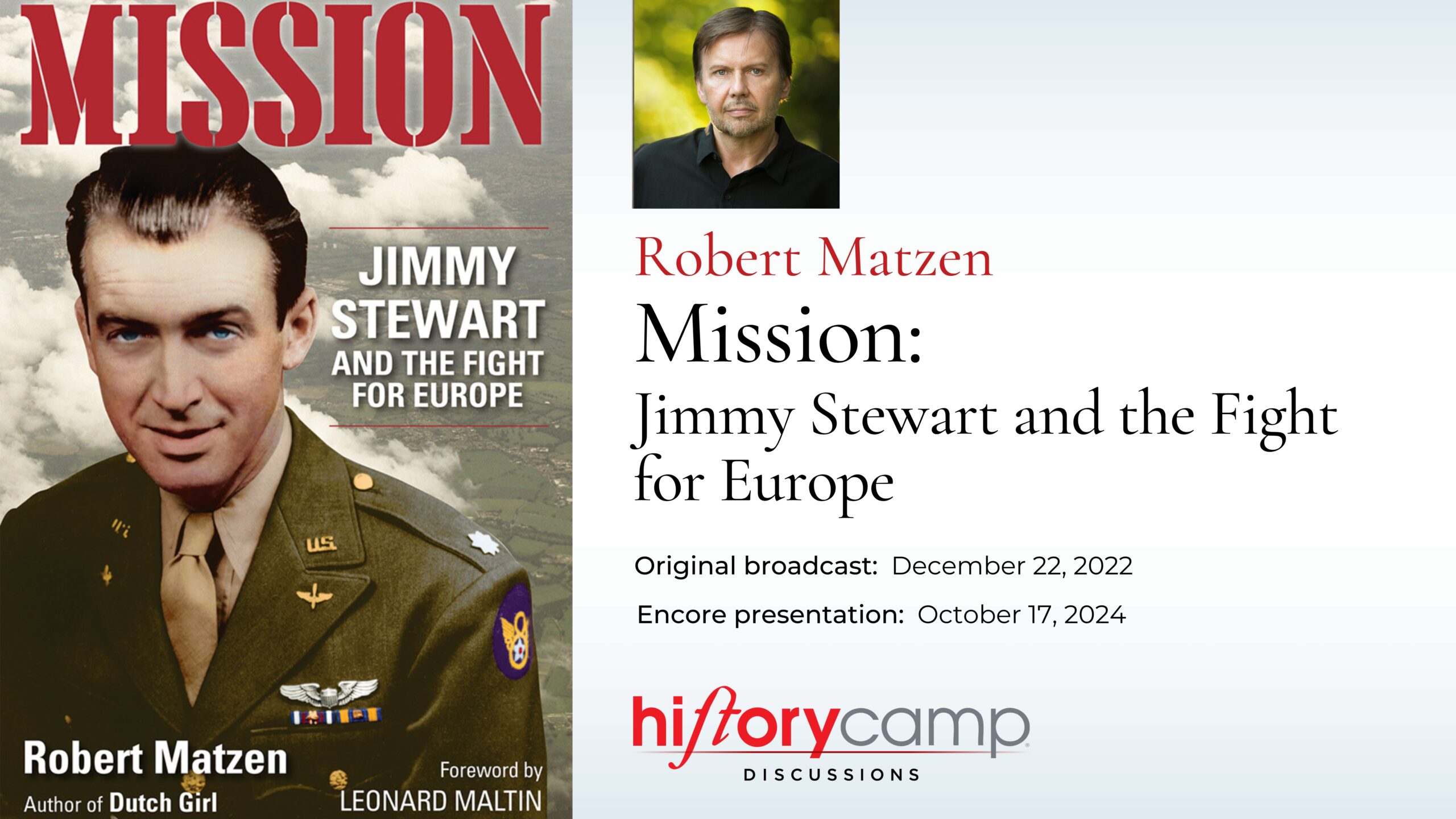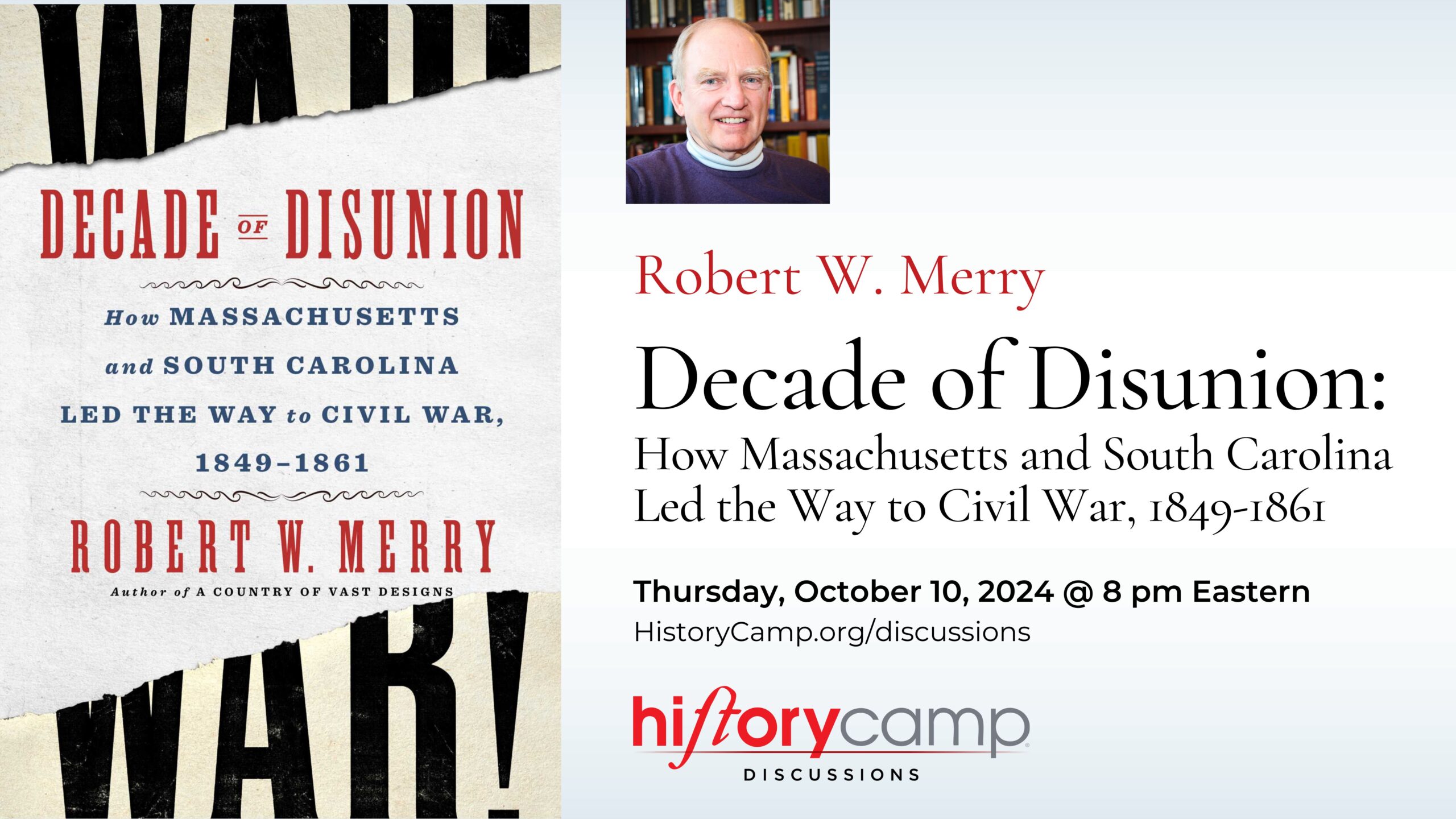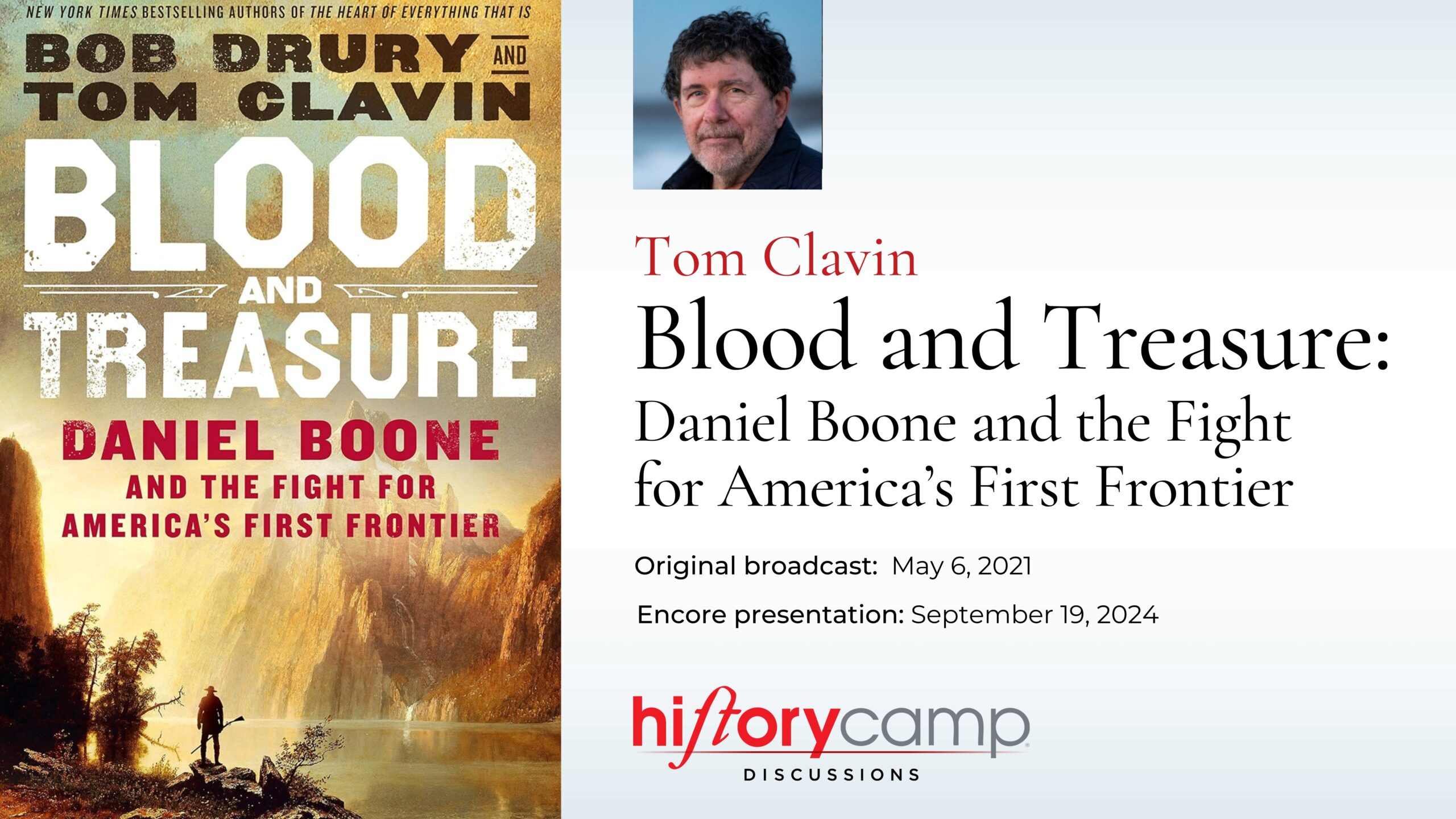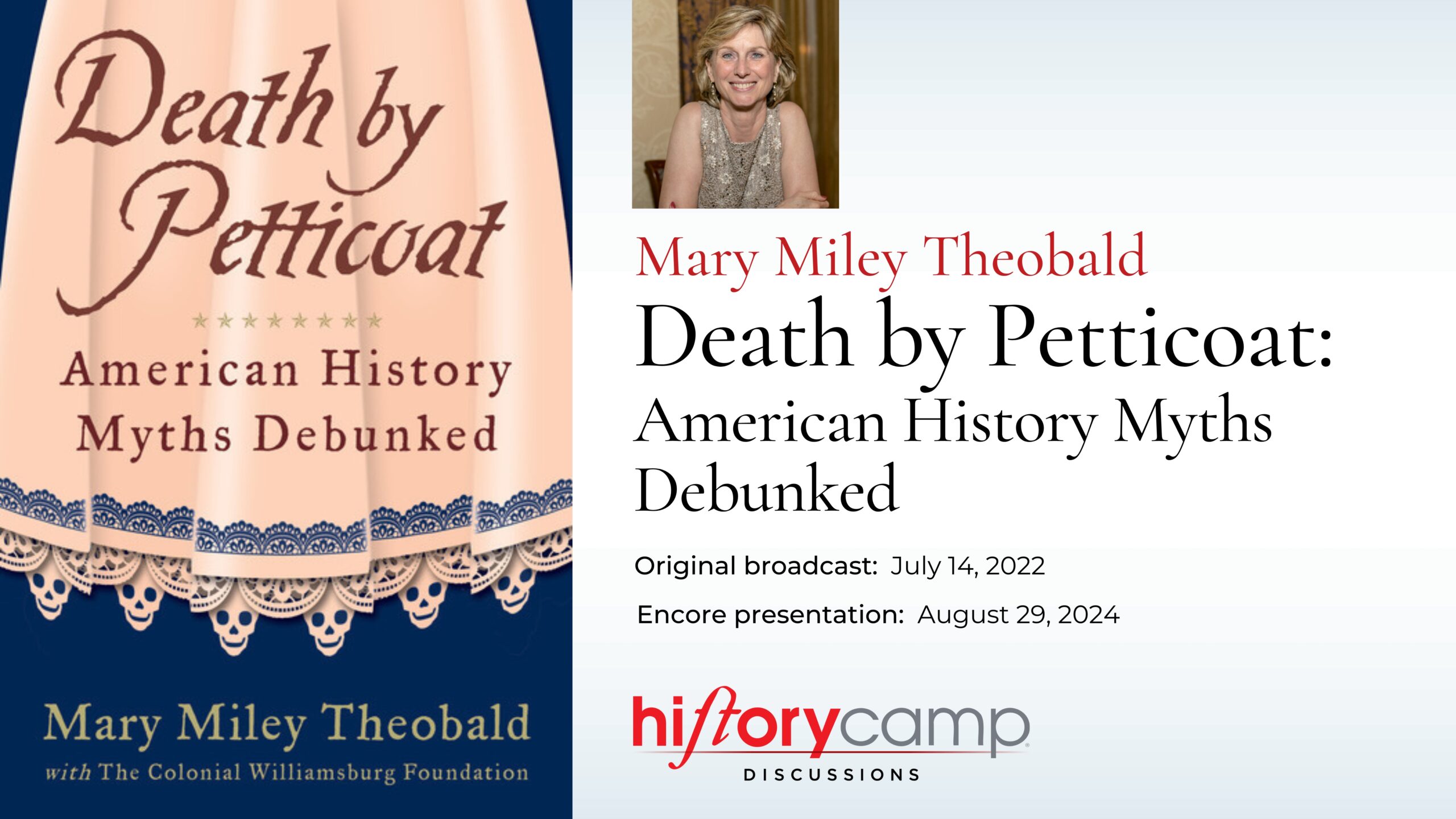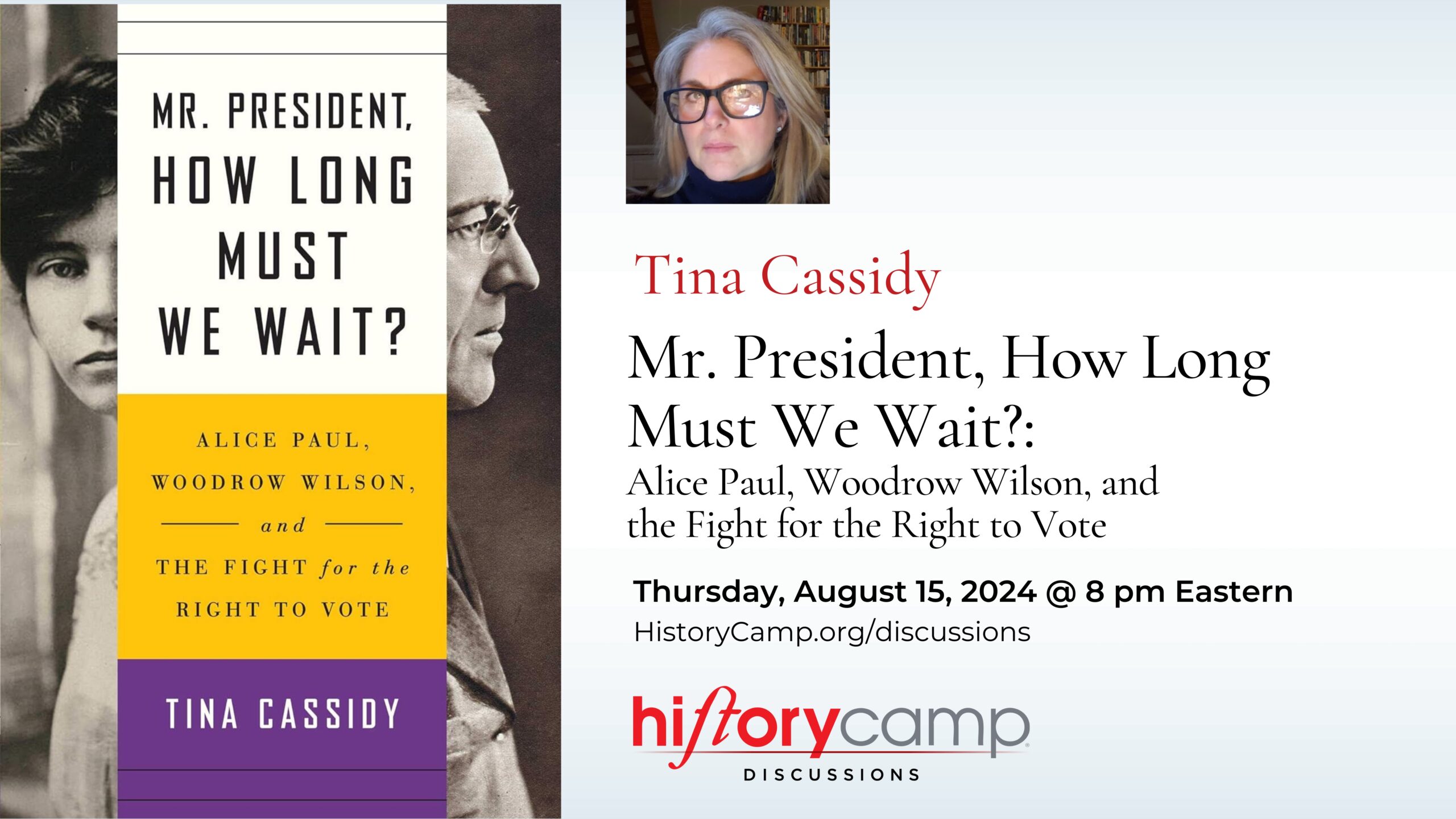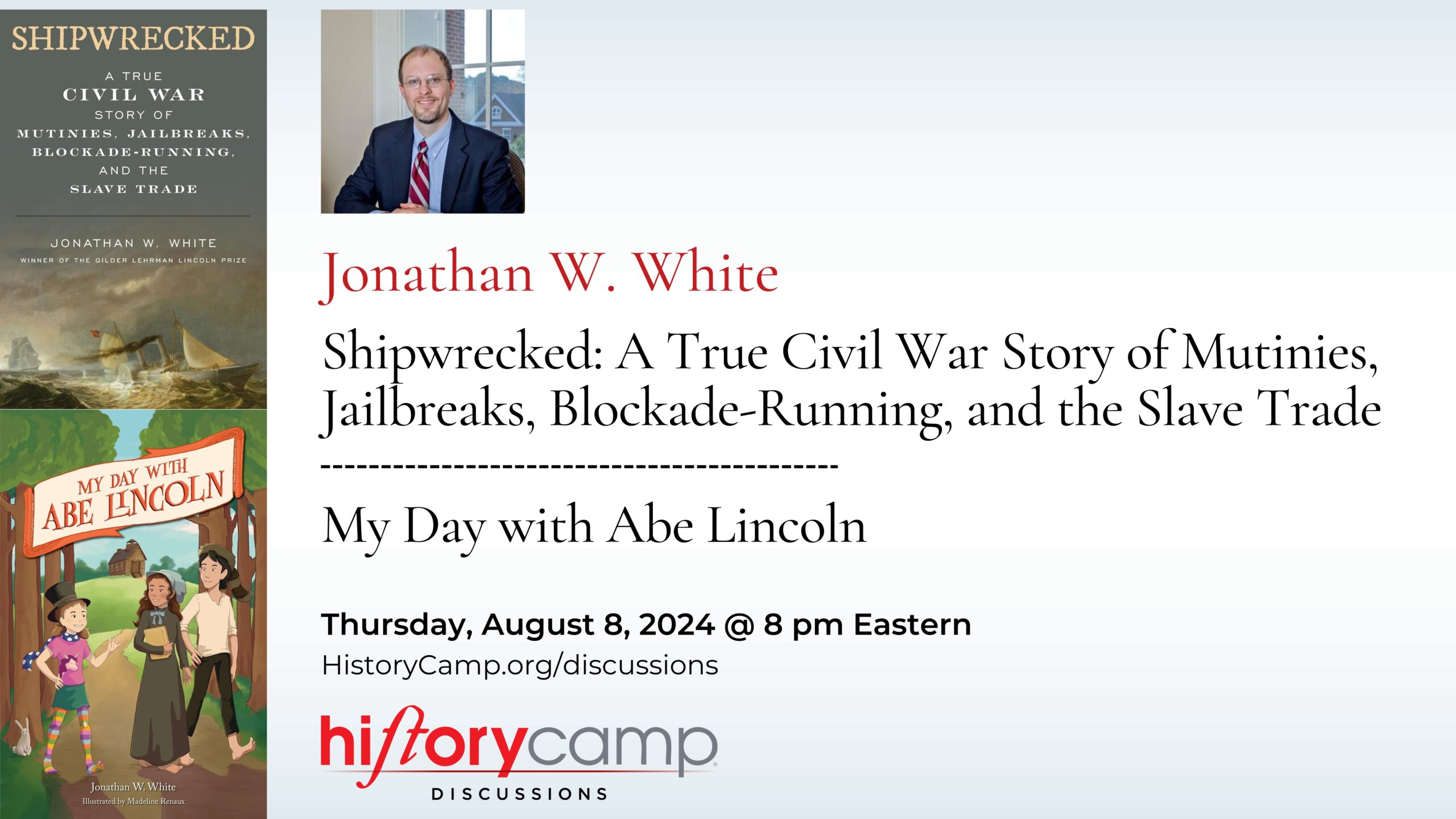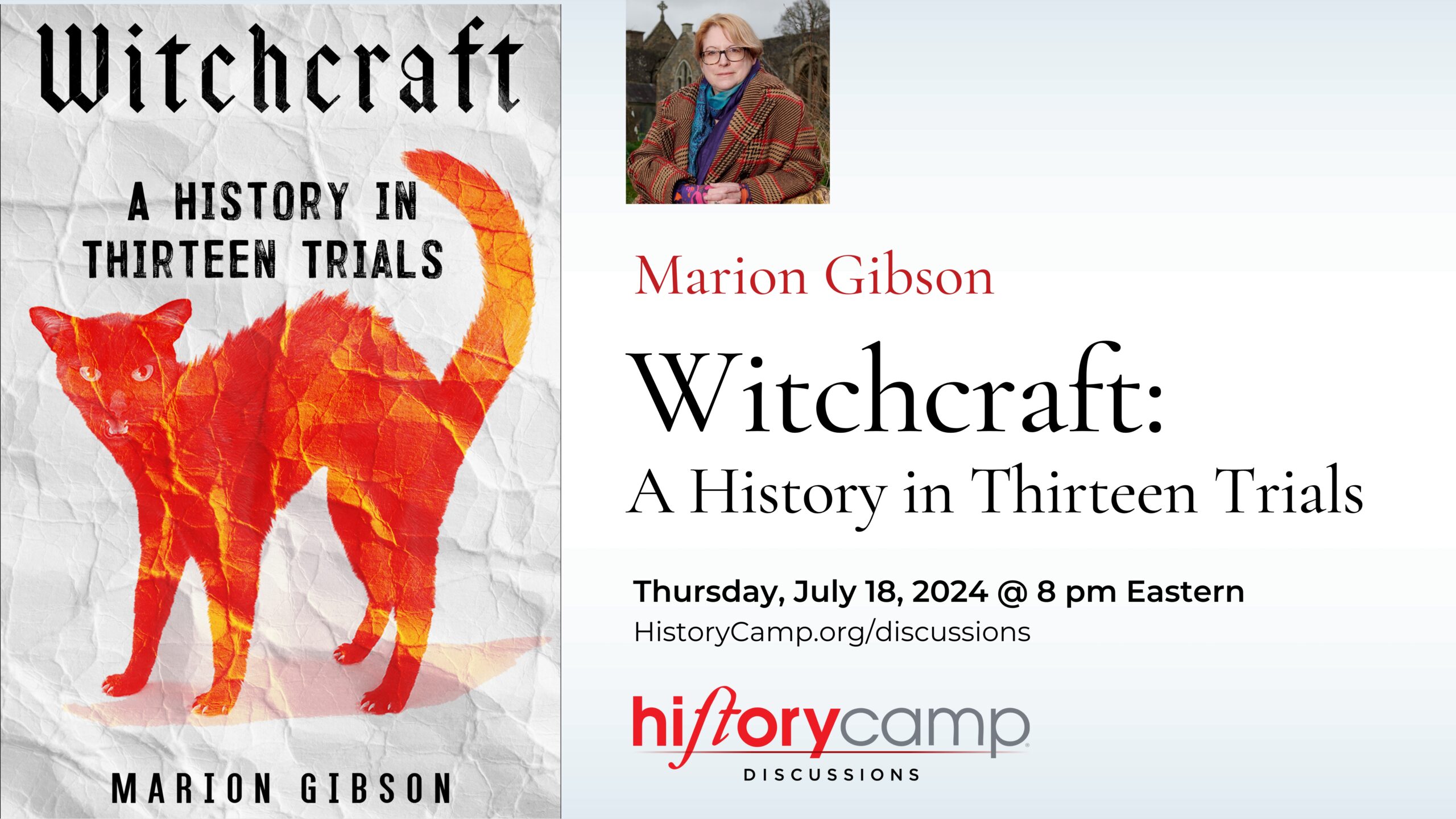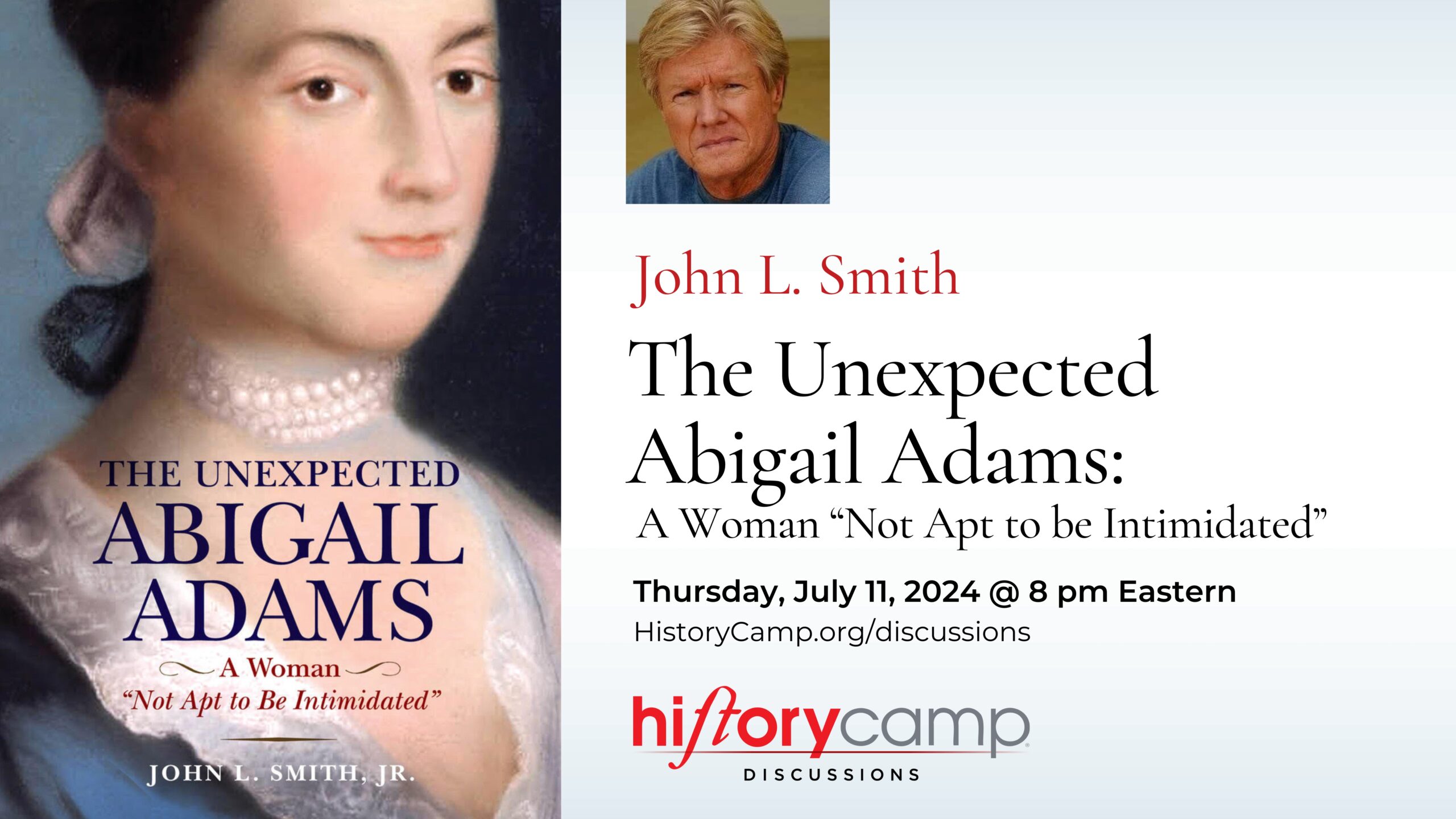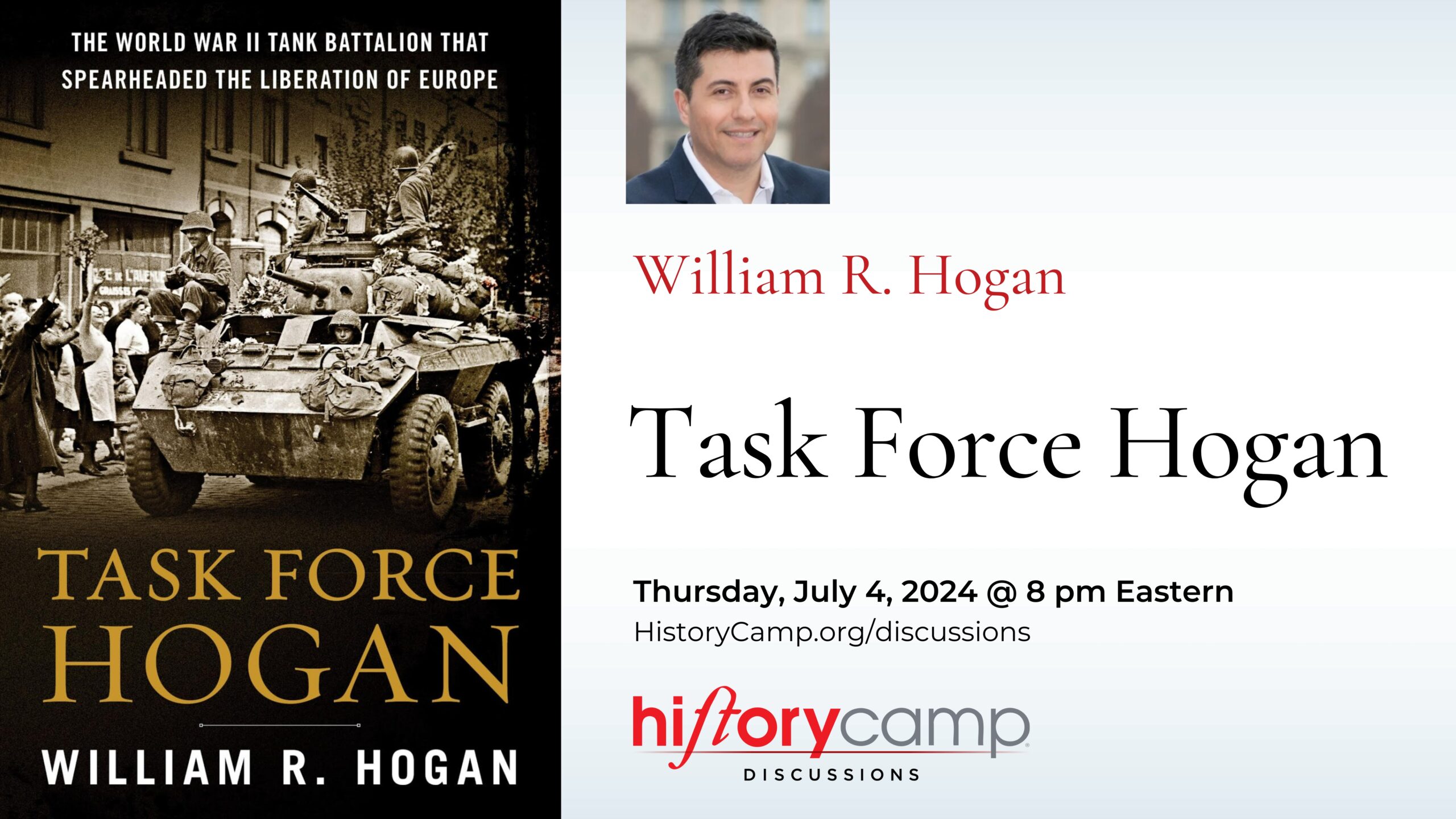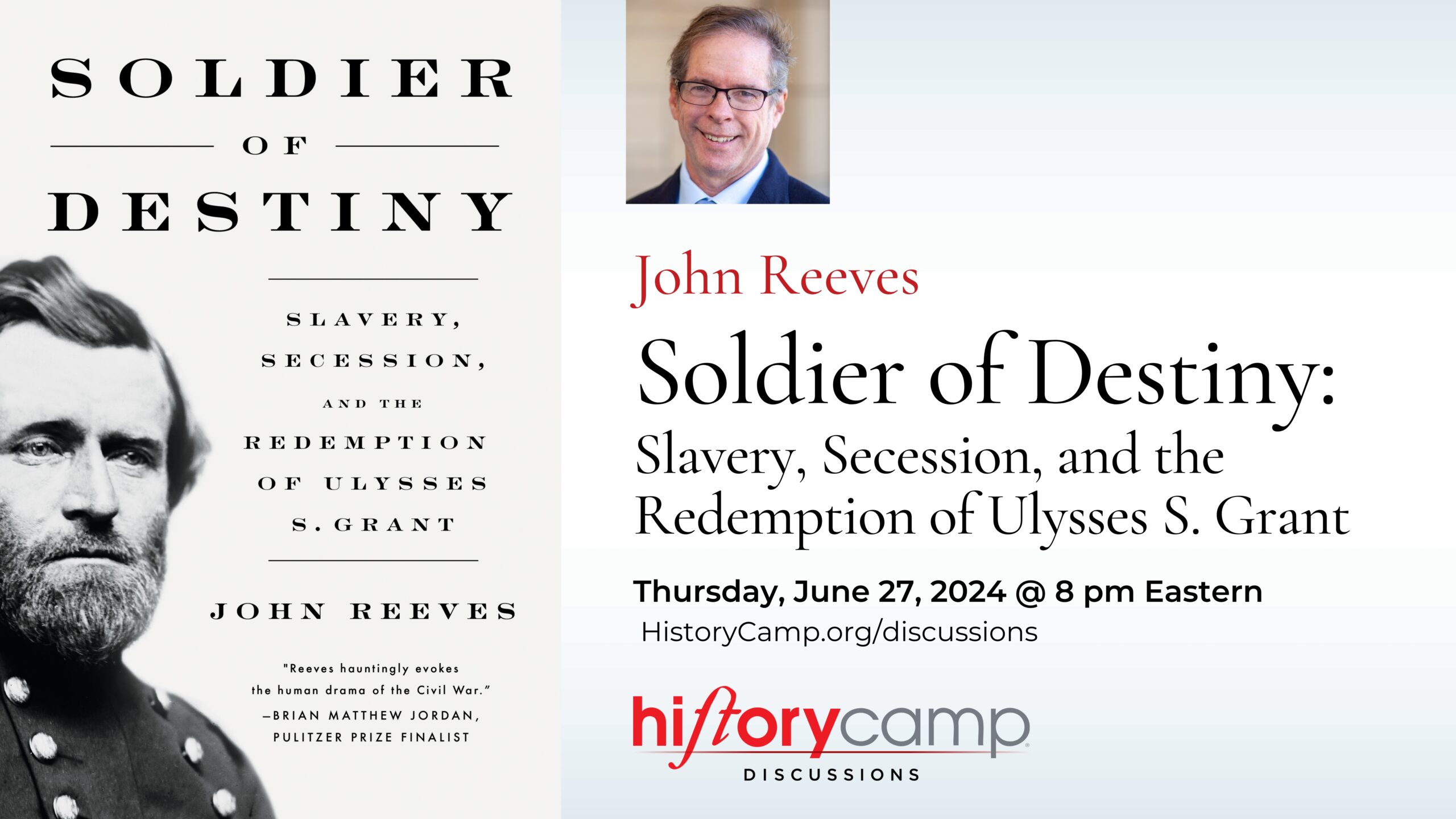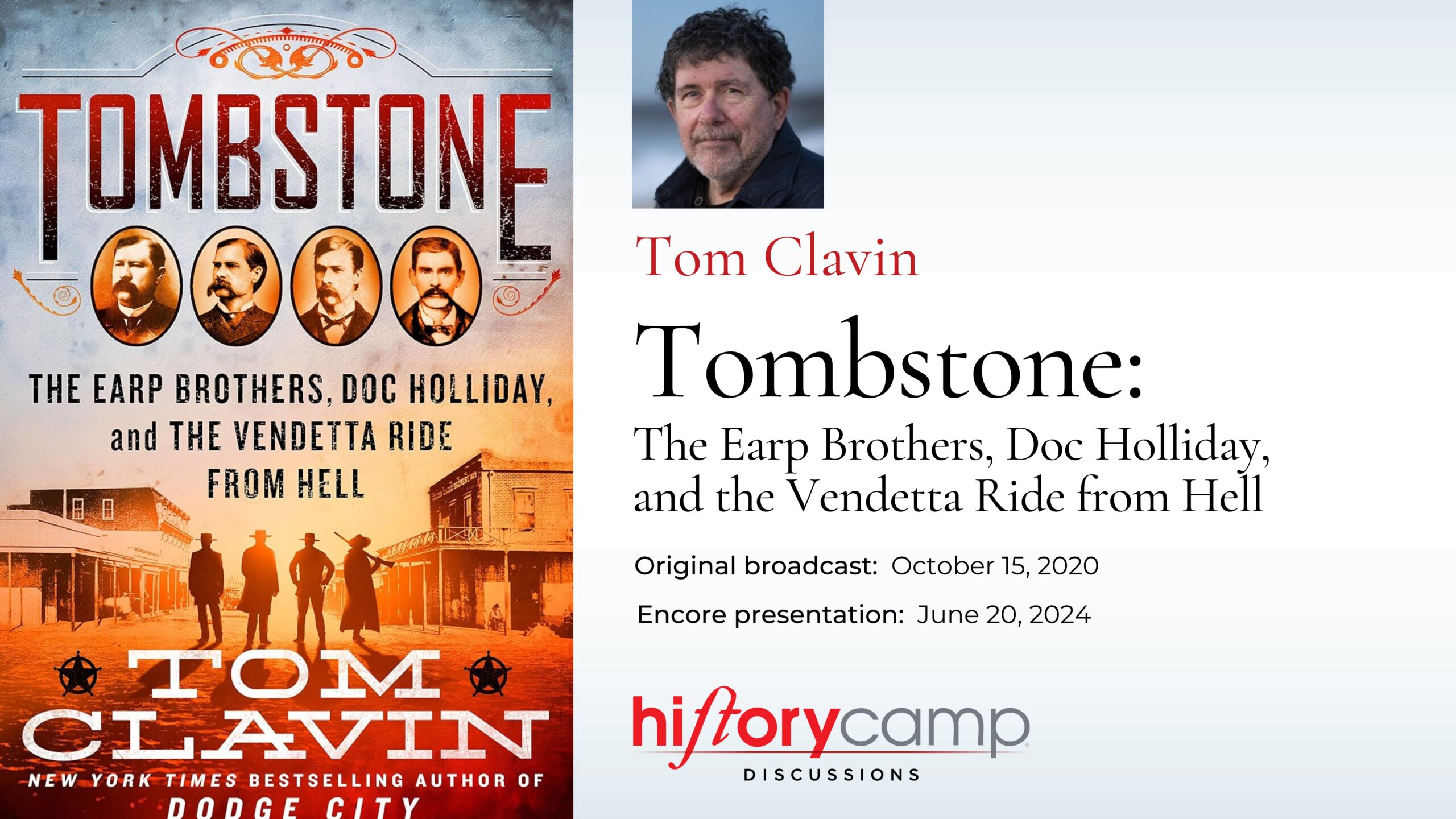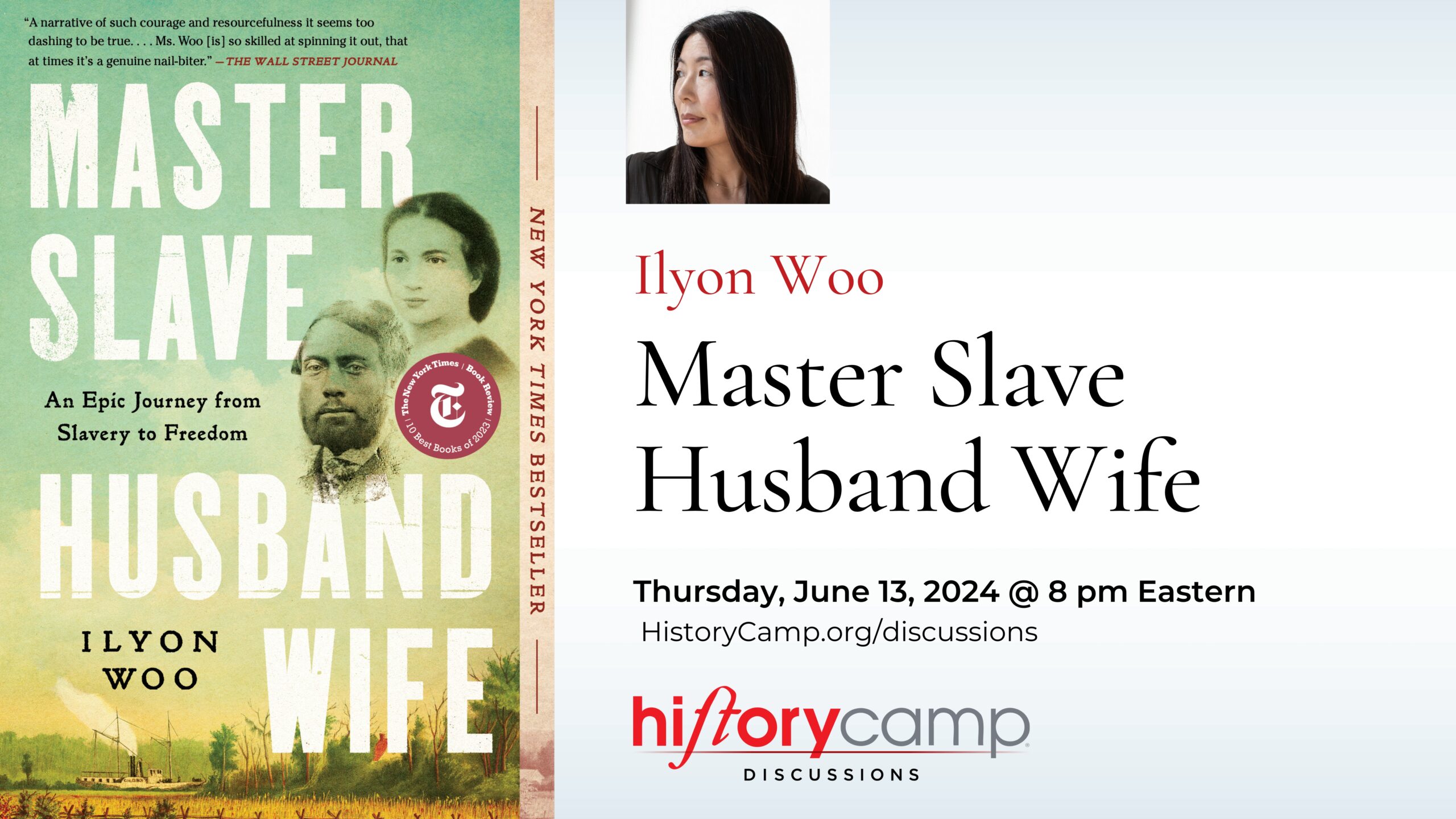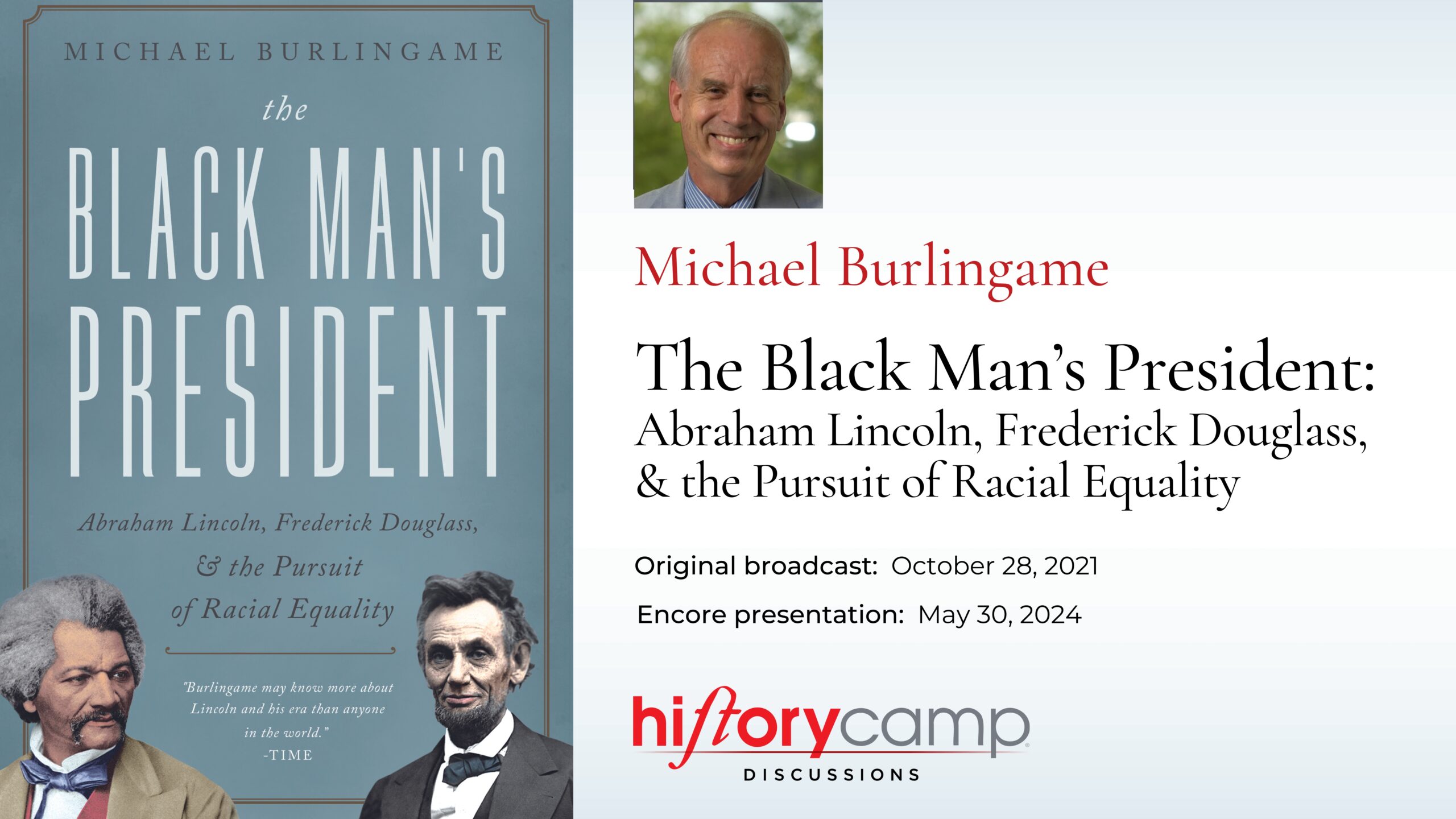Joshua Zeitz
Lincoln’s God: How Faith Transformed a President and a Nation
Abraham Lincoln, unlike most of his political brethren, kept organized Christianity at arm’s length. He never joined a church and only sometimes attended Sunday services with his wife. But as he came to appreciate the growing political and military importance of the Christian community, and when death touched the Lincoln household in an awful, intimate way, the erstwhile skeptic effectively evolved into a believer and harnessed the power of evangelical Protestantism to rally the nation to arms. The war, he told Americans, was divine retribution for the sin of slavery.
In Lincoln’s God: How Faith Transformed a President and a Nation (Viking), Joshua Zeitz—the bestselling author of Lincoln’s Boys—argues that by using religion, Lincoln helped millions of Northerners interpret the carnage and political upheaval of the 1850s and 1860s. Lincoln, more than any president before him—or any president after, until George W. Bush—harnessed popular religious enthusiasm to build broad-based support for a political party and a cause.
Rather than focusing on battles and personalities, Zeitz probes the ways in which war and spiritual convictions became intertwined. Through famous characters in history like Harriet Beecher Stowe, Frederick Douglass, Henry Ward Beecher, and ordinary soldiers and families in the trenches of the war, we come to appreciate their evolving understanding of mortality, heaven, and mission motivated them to fight.
A master politician who was sincere about his religion, Lincoln held beliefs that were unconventional and widely misunderstood then, as now. After his death and the end of an unforgiving war, Americans needed to memorialize Lincoln as a Christian martyr. The truth was, of course, considerably more complicated, as Lincoln’s God explores.
[Added September 21, 2023]
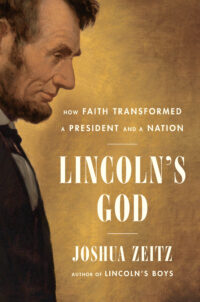

Joshua Zeitz (JoshuaMZeitz.com | Twitter) is a contributing writer at Politico and the author of the New York Times bestseller Lincoln’s Boys and three other works of history. He has written for The Atlantic, The New York Times, The Washington Post, the Los Angeles Times, The New Republic, American Heritage, Smithsonian, and Dissent. He appeared as a commentator in Ken Burns’ documentary Prohibition.




